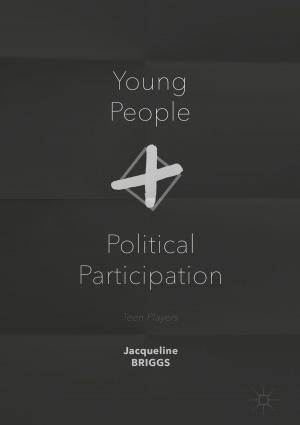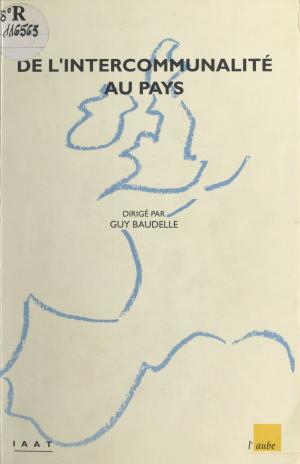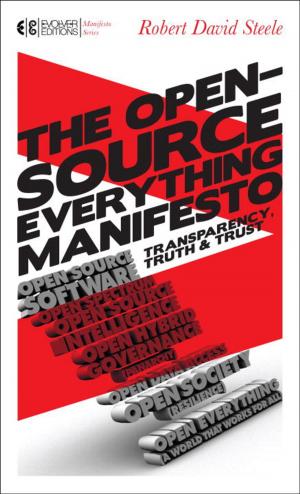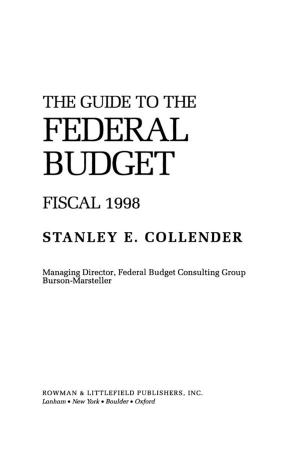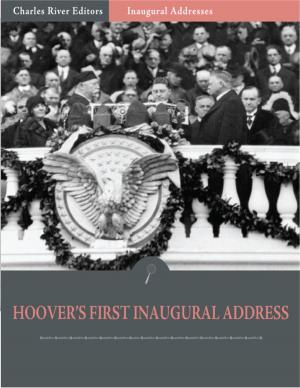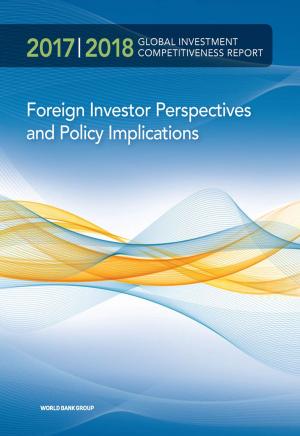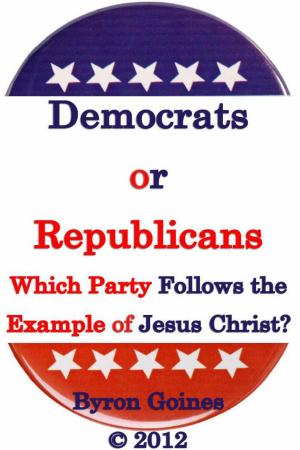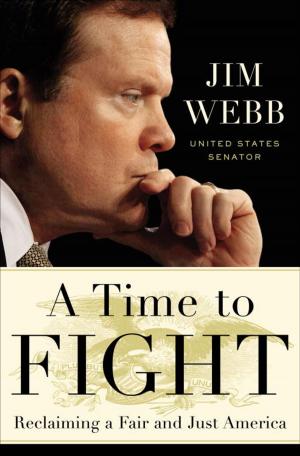Occupy Theaters
A New Political Process To Reorient Government To Serve The People
Nonfiction, Social & Cultural Studies, Political Science, Government| Author: | David L. Smith | ISBN: | 9780988872820 |
| Publisher: | Sic Itur Ad Astra Publishers | Publication: | June 26, 2014 |
| Imprint: | Language: | English |
| Author: | David L. Smith |
| ISBN: | 9780988872820 |
| Publisher: | Sic Itur Ad Astra Publishers |
| Publication: | June 26, 2014 |
| Imprint: | |
| Language: | English |
Most Americans know their democracy has been hijacked by Big Money; that politicians are working for their rich contributors and leaving We The People in the lurch. The Tea Party knows it, and so too does the Occupy movement and both want to get out of the hole. The problem is the Tea Party wants to dig deeper, and the Occupy movement doesn’t where to find a ladder. Reformers today are confronted by the following uncomfortable reality: No reform is possible until Big Money’s stranglehold on the democratic process is broken. All present attempts to “get money out of politics” suffer from the same fatal flaw, namely they require the cooperation of lawmakers who owe their offices to Big Money. Little Money can’t outspend Big Money. Big Money can only be outflanked. In “Occupy Theaters,” Dartmouth- and Stanford-trained economist David L. Smith provides the ladder, proposing a new political process to break the Big Money’s stranglehold on American Democracy, thereby reorienting government to serve the People. In this new democratic process, the current dominant political medium, television, would be replaced by Internet social media, through which large numbers of people would be persuaded to gather from time to time in a nationwide network of Internet-linked multiplex movie theaters. Multiplex theaters would become the dominant political venue, replacing the couch in front of the television in which passive, solitary voters are force-fed Big Money’s propaganda. A portion of ticket sales to these Assemblies and of food concession sales would replace Big Money as the dominant source of funding. Thus liberated from the corrupting influence of Big Money, candidates nominated and elected through the new process would serve the interests of their constituencies. Occupy Theaters represents the next logical step in political organization: local, city, county, state and, ultimately, national town meetings taking place in Internet-linked theaters at times when they would otherwise remain unused. High-tech meets high-touch -- all well within today’s technical capabilities, lacking only the vision and the popular will to make it happen. “Occupy Theaters” provides the vision; readers must supply the popular will.
Most Americans know their democracy has been hijacked by Big Money; that politicians are working for their rich contributors and leaving We The People in the lurch. The Tea Party knows it, and so too does the Occupy movement and both want to get out of the hole. The problem is the Tea Party wants to dig deeper, and the Occupy movement doesn’t where to find a ladder. Reformers today are confronted by the following uncomfortable reality: No reform is possible until Big Money’s stranglehold on the democratic process is broken. All present attempts to “get money out of politics” suffer from the same fatal flaw, namely they require the cooperation of lawmakers who owe their offices to Big Money. Little Money can’t outspend Big Money. Big Money can only be outflanked. In “Occupy Theaters,” Dartmouth- and Stanford-trained economist David L. Smith provides the ladder, proposing a new political process to break the Big Money’s stranglehold on American Democracy, thereby reorienting government to serve the People. In this new democratic process, the current dominant political medium, television, would be replaced by Internet social media, through which large numbers of people would be persuaded to gather from time to time in a nationwide network of Internet-linked multiplex movie theaters. Multiplex theaters would become the dominant political venue, replacing the couch in front of the television in which passive, solitary voters are force-fed Big Money’s propaganda. A portion of ticket sales to these Assemblies and of food concession sales would replace Big Money as the dominant source of funding. Thus liberated from the corrupting influence of Big Money, candidates nominated and elected through the new process would serve the interests of their constituencies. Occupy Theaters represents the next logical step in political organization: local, city, county, state and, ultimately, national town meetings taking place in Internet-linked theaters at times when they would otherwise remain unused. High-tech meets high-touch -- all well within today’s technical capabilities, lacking only the vision and the popular will to make it happen. “Occupy Theaters” provides the vision; readers must supply the popular will.

